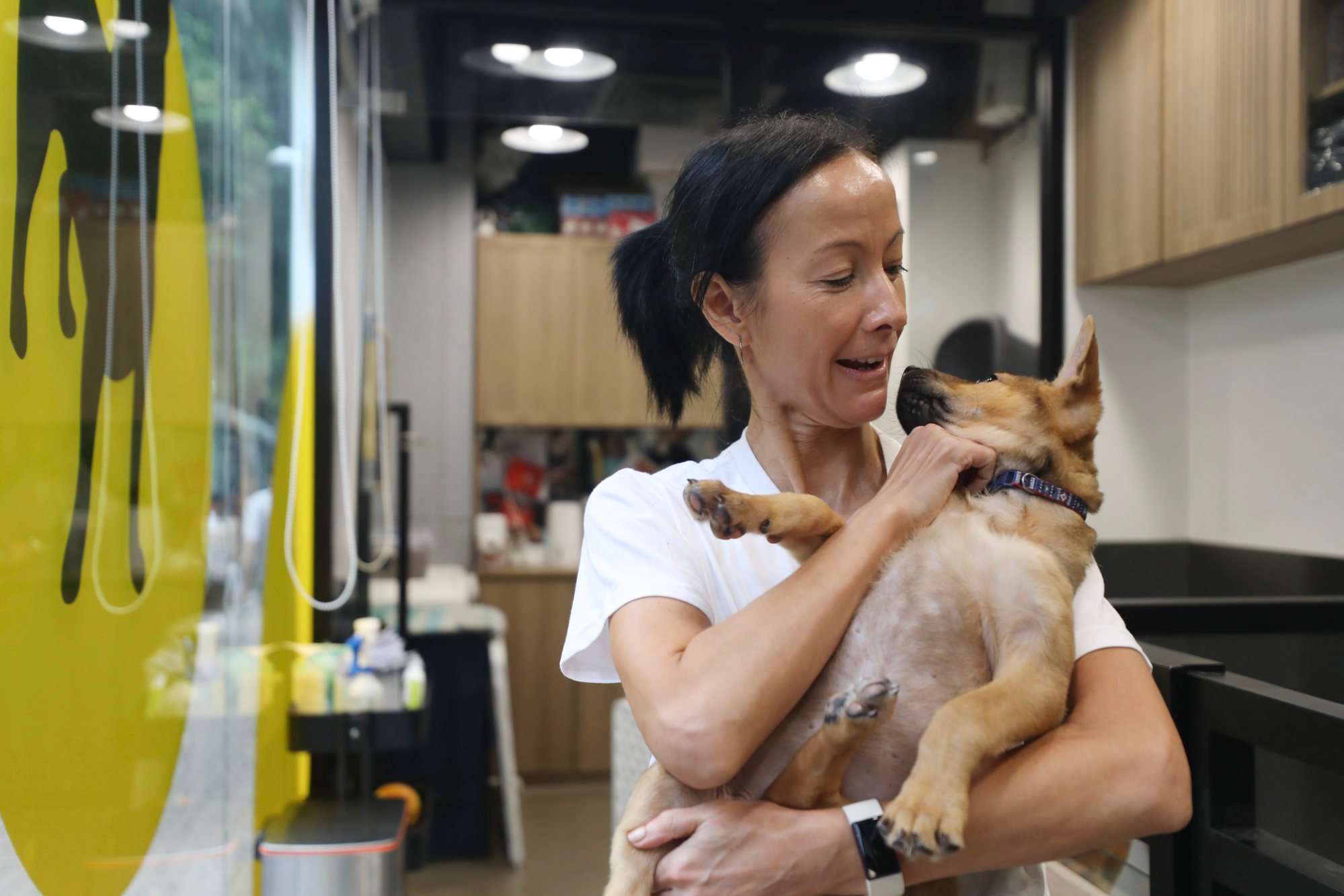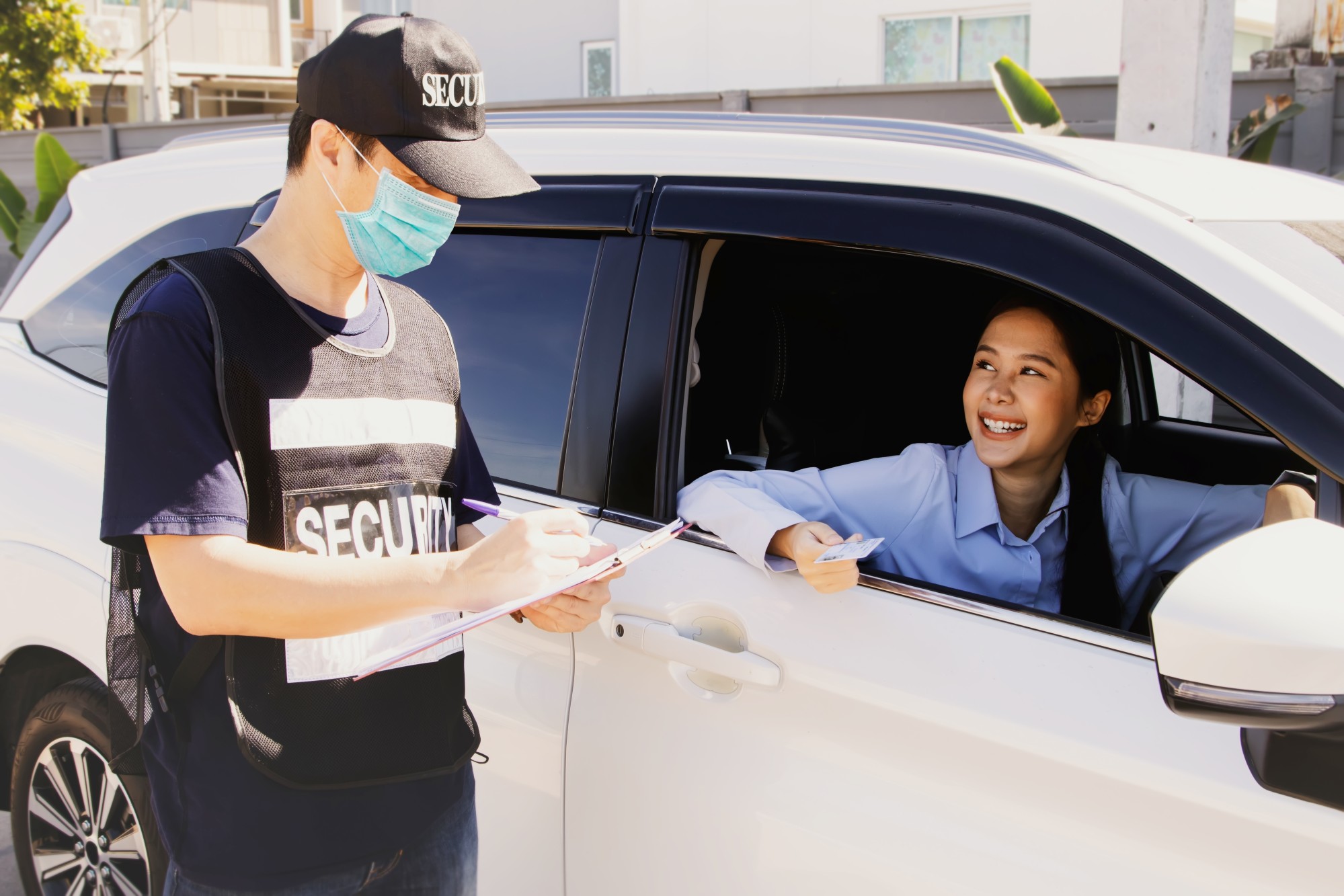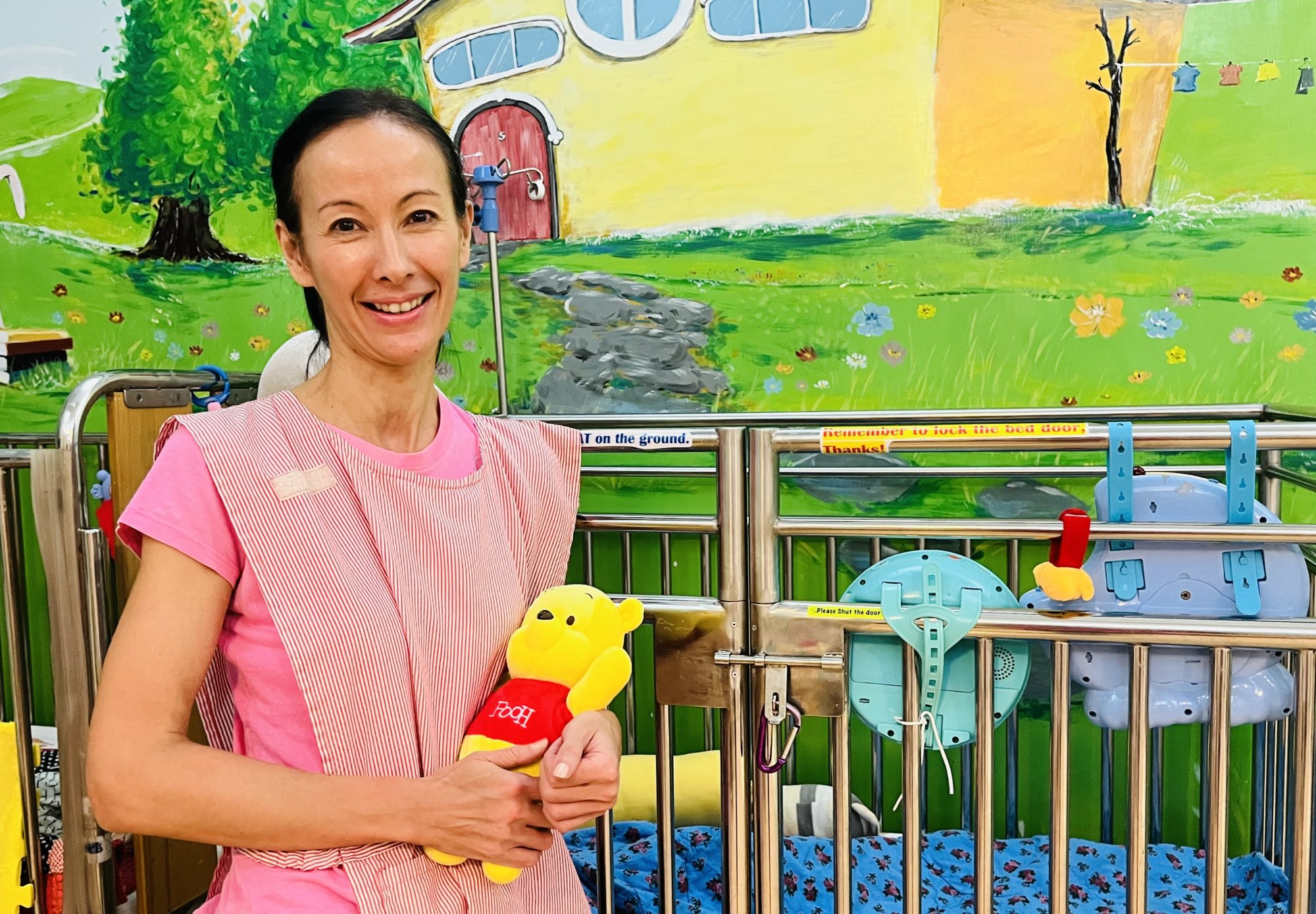
How being kind and helping others benefit your health and happiness, as a volunteer and psychologist explain
- Janet Middlemiss is a keen volunteer who helps the vulnerable and disadvantaged, experiences that give her a sense of belonging, purpose and identity
- Simple acts of kindness can give us an immediate mental health boost, a psychologist says, such as greeting people you see daily or complimenting a stranger
For Janet Middlemiss, helping people is part of living well and healthily.
The British public relations and events specialist, and founder of Hong Kong social enterprise the JEM Group, has been pitching in with community work for two decades, doing her part to help groups and individuals who tend to be marginalised or “forgotten” by society, such as the vulnerable and disadvantaged.
“I find volunteering to be an extremely rewarding experience that grants me the opportunity to strengthen my ties with the community and, in turn, gives me a sense of belonging, purpose and identity,” says the 52-year-old, who has called Hong Kong home for 28 years.
‘Safe, loving’: the charity working to empower pregnant teens in Hong Kong
And for the last 18 years, she has volunteered once a week for Mother’s Choice, helping care for children with special needs.

Middlemiss describes volunteering as an act of kindness to oneself, adding that knowing she is making a difference – even in small ways – is “truly fulfilling”.
“I think everyone wants their life to have meaning and to know that what we do counts. In this sense, being of service to others is a way of making our own lives meaningful.
“Volunteering has given me a better understanding of life and I now look at things from a different perspective. I’ve learnt the gratification that comes from helping others less fortunate matters much more than money or possessions. In this way, it keeps me humble and reminds me of what’s important.”

Many studies have shown the health benefits of showing kindness to others. For example, it is well-documented that spreading kindness may help reduce stress, strengthen our sense of identity, increase self-esteem, and improve feelings of optimism and confidence.
It may also lower our risk of certain illnesses and help us get some medical conditions under control.
Helping others improves our mental, physical, emotional health. Why is that?
In another study published in December 2019, research from Peking University in Beijing, China found that giving to others – in the form of monetary donations – seems to lessen physical pain.
A kind heart is also a healthy heart. In his 2017 book The Five Side Effects of Kindness, Dr David Hamilton – an author who has a PhD in organic chemistry – explains how being kind may safeguard our heart health.
We each have the opportunity to make or break someone’s day with one smile, hug or thoughtful gesture
According to the researchers, this may be because kindness helps bring about a positive attitude, which in turn encourages good health habits, improves metabolic health and protects against the effects of stress, all of which help protect our heart.
Volunteering and doing charity work are great ways to show kindness and compassion towards others, but there are other ways to get an immediate mental health boost every day, says Dr Joyce Chao, a Hong Kong-based clinical psychologist.

“Being kind involves making a connection with others, with the intent of helping, sharing and caring,” Chao adds.
“Such simple gestures can go a long way towards helping you optimise your mental wellbeing and feel better about the world around you.”

For instance, when we compliment someone, we are connecting meaningfully with them and sharing with them their positive attributes.
This helps us connect with our own humanness, because “seeing” others – that is, affirming them and showing that we understand them in a significant and empowering way – helps us feel seen and cared for ourselves, Chao says.
And feeling cared for makes us feel good.

As being kind is a big part of how we connect and develop relationships with one another, Middlemiss says that she tries to integrate kindness into her daily life. This could be by opening doors for people, giving up her seat on the train for someone who needs it, or offering kind words to friends and strangers.
“Small, random acts are sometimes the most impactful. They can make a huge difference and make the world a better place,” she says.
“This quiet kindness spreads joy and one kind act can lead to another. People who see someone else being considerate and caring are more likely to be kinder themselves.
Celebrity biohacker Ben Greenfield’s tips for a longer, happier life
“We never know what someone is going through or the type of day they’ve had. We each have the opportunity to make or break someone’s day with one smile, hug or thoughtful gesture.”

